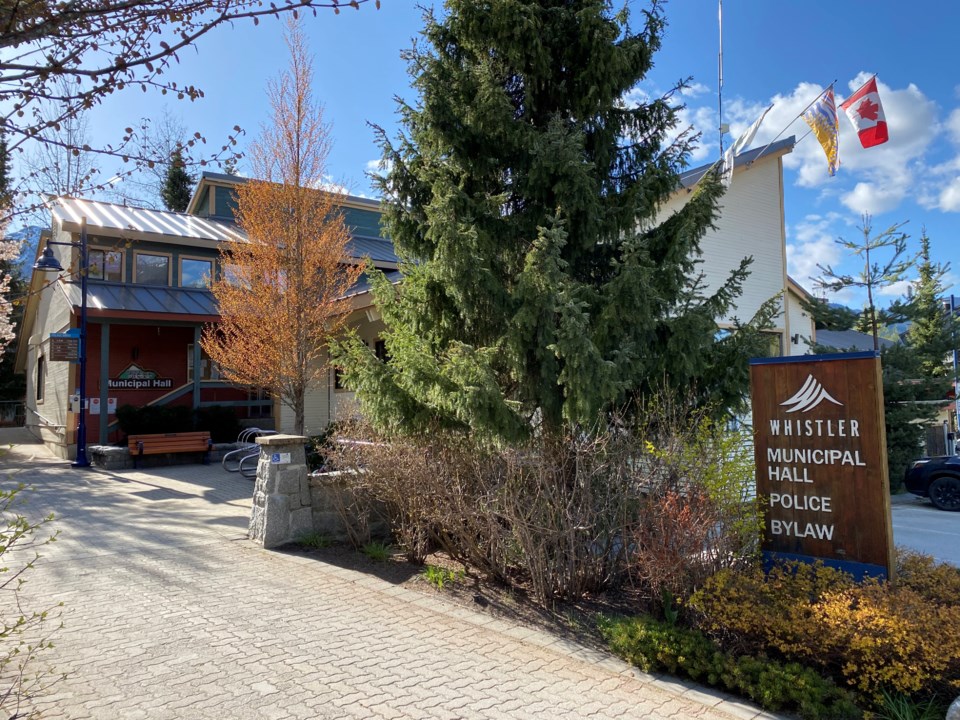A former employee is suing the Resort Municipality of Whistler (RMOW) for wrongful dismissal, alleging he was fired without cause or notice and now faces significant barriers to re-employment.
Kevin Creery filed a civil claim in B.C. Supreme Court in December 2024, claiming the RMOW terminated him on Oct. 22, 2024. He argues that due to a workplace injury and the specialized nature of his role, it will be difficult for him to find another job.
The municipality, in its response to the claim, denies wrongdoing and says Creery was lawfully dismissed. It also contends he was offered a generous severance package, which he declined, and disputes that he is unable to work or commute.
Creery had worked for the RMOW for more than 16 years. At the time of his dismissal, he was writing bylaws for protective services, including fire, bylaw enforcement and emergency management.
He sustained a workplace injury in 2017 and now lives with a partial disability recognized by WorkSafeBC. According to court documents, he suffers from chronic pain, concussion symptoms, mental health challenges and headaches. During the COVID-19 pandemic, Creery began working from home, and the remote arrangement was later maintained as an accommodation for his disability.
His claim states he is unable to work in an office or community setting and that his specialized municipal legal skills are not easily transferable.
Creery is seeking damages for wrongful dismissal, interest, legal costs, and any other relief the court deems appropriate.
In its statement of defence, the RMOW says Creery’s employment contract limited his termination compensation to the minimum required under the B.C. Employment Standards Act. The municipality also argues that his disability does not prevent him from working in an office or commuting, noting he returned to full-time office work after his injury in 2017.
The municipality states it allowed Creery to work remotely after COVID-19 as a temporary arrangement, but did not consider it a permanent accommodation. It further contends that his role was not highly specialized and that similar work is available elsewhere.
Upon termination, the RMOW says Creery was paid eight weeks’ salary in accordance with legal requirements and was offered an additional 40 weeks’ severance if he signed a non-disclosure agreement (NDA). He was also provided continued benefits until an undisclosed date, along with six counselling sessions, all of which he used.
In a termination letter shared with Pique, the RMOW offered Creery the extra severance on the condition he signed a waiver relinquishing his right to sue the municipality. The offer also included extended health and dental benefits through September 2025. Creery did not sign the agreement, which contained confidentiality and non-disparagement clauses, allowing him to proceed with the lawsuit.
Creery said the severance offer was inadequate considering his age and years of service. He also expressed concern that signing the waiver would prevent him from speaking publicly about what he alleges is a problematic workplace culture.
He claims he was frequently micromanaged and undermined by supervisors, and was fired shortly after raising concerns internally.
“It’s frustrating to work in that environment and not have them quantify what they want to see,” he said. “They can’t say I have a problem but not explain the problem, you know?”
Creery also questions whether his disability was a factor in the decision to terminate his employment.
Asked for a statement, the RMOW said it does not comment on matters before the courts.
None of the claims have been proven in court.




